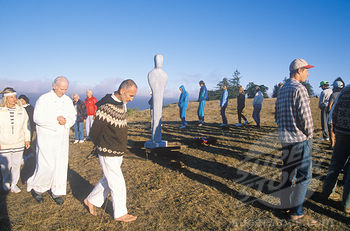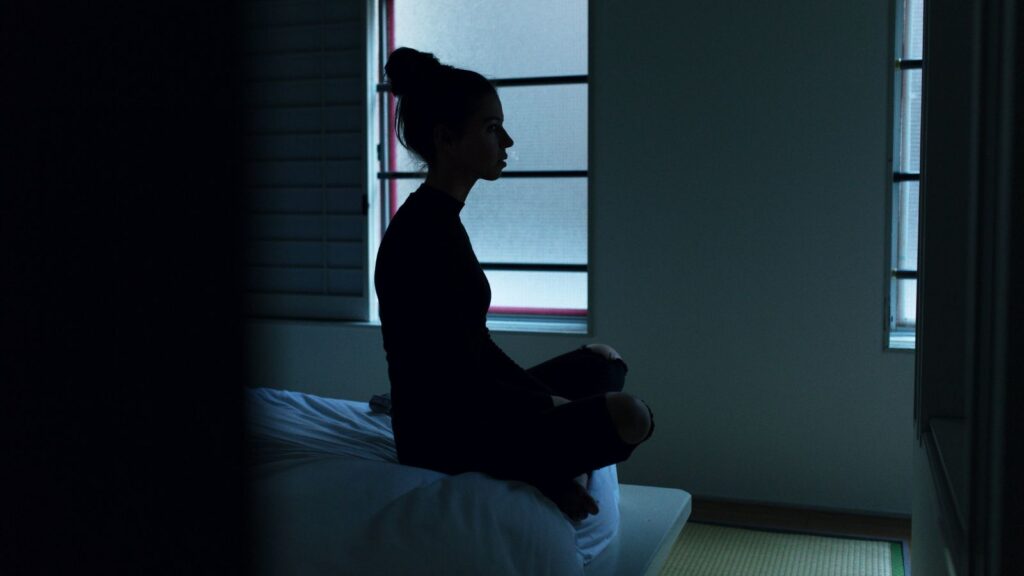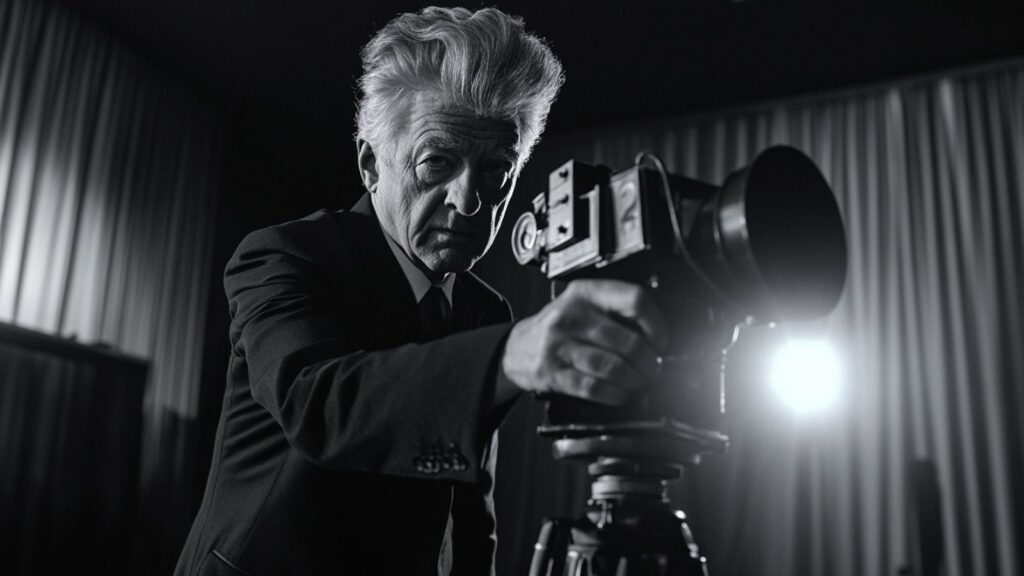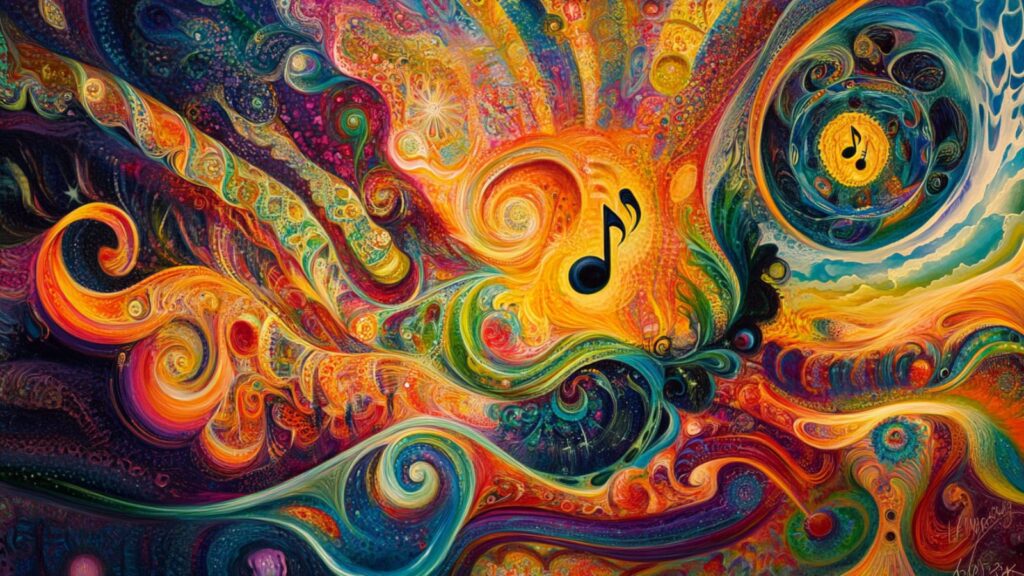What makes a religion a religion? This question was posed to me by a professor at Swarthmore college in Philadelphia this past November. I was visiting a classroom of undergraduate Philosophy and Religion students talking about ayahuasca shamanism. Another question that was posed to me was, “Is ayahuasca a new religious movement?”
I said, “yes.”
She asked, “Why? What makes something a religious movement?”
Wow, I thought to myself, I’m playing with the big boys and girls now. A PhD professor at the nation’s first Philadelphian Quaker school is asking me a question about what constitutes a religion. I had better come up with something brilliant to say!
I tried to think of something from William James or Mircea Eliade, from Joseph Campbell or Carl Jung, maybe even Robert Anton Wilson. All BS. If Ayahuasca had taught me anything, it was to realize where my energy was heading, and my energy was heading straight toward a contrived answer not based in my own personal experience. In short, this is exactly what bad religion is all about. So I took it from there.
“Religions,” I said, “are built to contain or maintain a personal or communal connection to the divine. They are like tools or technologies. At best, religions aid in our connection to the numinous or the divine, and they foster a sense of community and unity. I think they are a good thing. Religions help us deal with suffering and they help us to create meaning and pleasure. However, on a more troubling note, I think what defines most religions is a discomfort with pain and suffering, or loneliness and isolation. Most religions take the reality of suffering as a fundamental truth, as well as the ability to transcend that suffering and move closer to bliss and happiness through various ecstatic rituals, purification rites, or beliefs about the nature of suffering itself. Religions are built around these fundamental truth-claims regarding suffering and the practices that emerge from them. Religion, at its worst, is too concerned with trying to answer questions about suffering rather than living these questions through to their natural completion and letting go of the need for ultimate answers.
What I went on to say became the first formulation of something that has been brewing within me during the ten years since my exodus from evangelical Christianity, through my initiation with Ayahuasca shamanism in the Amazon, and into my current adult situation. My answer was not an attempt to reduce or rid myself of religion, it was an attempt to locate myself within and exorcise myself from bad religion. I can’t say how strange, yet liberating it felt to speak on this subject.
Specifically, I was asked to talk about how the “New Age” fit my (just then proclaimed) definition of religion. I was also asked whether or not I believe that the appearance of this “New” religion is a positive thing. Here’s what I said:
The New Age Teaching About Separation
Separation is an illusion that we need to liberate ourselves from. This is the most fundamental truth-claim of the New Age movement. It is largely abstract, illogical, and it is no different than the Christian claim that man’s internal condition is fallen and sinful. The idea at the core of the New Age is that “separation consciousness” is a real phenomenon and the baseline condition of human, “dualistic” consciousness that is responsible for the evils, woes, unconsciousness, greed, and problems of both individuals and the world at large. The truth, if you just believe it, is that you are not inherently separate from anything or anyone else. It’s all “one.” It’s all “unified.” Do yoga and you will see. Drink ayahuasca and you will see. Watch "What the Bleep?" or read "The Power of Now," and you'll be delivered.
Compare this to the Christian idea that “sin” (which in the old language means ‘to miss the mark’) is a real phenomenon and the baseline condition of human consciousness that is responsible for the evils and struggles in both individuals and the world at large. The truth, if you just believe it, is that you are at one with God if you just accept Jesus into your heart. Just say a prayer, just join the church. If you do so then you return to a state of grace and communion with God by the living Christ.
People have been pointing out this relationship between Christianity and this idea of unity comsciousness for a long time (it's just been warped by the church over thousands of years). Three years ago I was so excited to find that accepting Jesus into your heart was really no different, could in fact be the equivalent OF, accepting unity consciousness into my life. At first I wanted to vindicate Christianity because I felt like I had found the "heart" of what I had always already believed within the religion I was raised in.
Now, as I’ve watched the same old hypocrisies, judgments, and self-castigations appear in each and every New Age community I’ve participated in, I’ve come to a conclusion–the New Age movement is just as subtly and psychically violent or obsessed with trying to answer the problem of suffering as any Christian church I ever belonged to; it’s just a different costume. I'm not sure it's a good thing that the New Age and Christianity are so similar afterall.
The New Age Teaching About Ecstatic Experience
If you level the criticisms I've just made at a strong-minded New Ager they will likely respond with two general (and mostly insincere) responses. First, they will tell you that you are free to believe and be whoever you want to be; that it’s all included in Unity Consciousness, so no pressure to be anything! This insincere double standard is the reason this group has a hard time organizing itself and making substantive changes on the societal level. Behind your back this same person will most likely think or say, “We just have to hold space for this person’s evolutionary process. They will have to muck about in separation and ego until they get the picture. We unconditionally hold a space of love for that person.”
The second thing a slightly bolder New Ager will tell you is that your consciousness is actually wrong, it’s based in separation, which is MORE painful than unity consciousness and hence less desirable. They will then testify to this truth based on their personal experience in higher states of consciousness through means such as eye gazing, yoga, or ayahuasca (to name a few).
Compare these two defenses to the Christian evangelical strategies. One; a more liberal Christian will tell you that there is no pressure to believe anything. That God loves everyone, and that you are free to be whoever you want to be. Behind your back that same Christian will then pray for you and the conversation among believers will go similarly: “We can’t pressure people. Each person comes to God and Jesus on their own terms. They have to spend their time carrying that load until they realize Jesus can take it for them.”
The slightly bolder, slightly edgier Christian will say that you are in danger of the flames of hell, a place that they’ve learned to transcend through their personal connection to God. They will tell you about the times they’ve spoken in tongues, lost themselves in worship, gotten drunk in the spirit, or even prophesized and had visions!
On both accounts, I’ve watched the same old problems melt people down. The attachment to the form of worship and the ecstatic experience develops like any other drug or intoxicant. The psychic judgment of others cloaked in unconditional love consumes and devours self and other together, and the old wheel of suffering continues to turn as people continue to obsess over it.
The Congregation and the Sangha
New Age people think it’s a new idea to proclaim the advent of the next Buddha as a collective. Christians have been proclaiming the same messianic idea for 2,000 years. People think that large New Age festivals are innovative and capable of raising the vibration. Christians have been packing out sports stadiums and convention centers for decades with "prayer warriors" trying to do the exact same thing.
What do we find at our local New Age communities? We find preachers in the garbs of shamans. We find evangelism movements in the form of bus tours and meditation flash mobs. We find character clothing as predictable as white Texans at a church picnic. We find clichés like “Aho” flying through the air as regularly as “Praise Jesus.” We find the elevation of sacraments like psychedelics as pompous and reticent as Catholics and wafers; gay porn preachers and sex-scandal charlatan shamans. The list goes on. We’ve got megalomaniacal eye gazing, obsessive compulsive past-life story tellers, and born again whackos with old shit barns filled with sin and “now I’ve found the light” redemption stories. We’ve also got refined Burning Man scholars who are doing something to actually change the separation world, and we’ve got the local born again high school teacher that feeds the poor and visits the dying without explicating his true inner convictions. We hold the conviction that separation is real (if we’re a Christian), or that it’s a real illusion (if we're a New Ager), and we hold it with dignity and intelligence and silent pride. We’re the liberal elite believers now!
As a group, en mass, despite our imperfections, despite all of it, we’re the 99% and you had better believe that change is a’coming. Aho! As the body of Christ, we are the believers and Jesus is a’coming back, Lordy Lord! Praise Jesus!
What Good Amidst These? Oh Me, Oh Life?
But let's face it, I'd be a real asshole if condemned religion or Christianity, or the New Age movement. I’d be a jerk if I tried to say that I don’t see suffering in myself or in the world, and I’d be insincere if I didn’t say that I have built religious technologies into my daily life in order to cope with suffering. I still drink Ayahuasca with a regular group. I study Astrology and practice the esoteric art full-time. I try to study the text of my life in symbols and synchronicities. I try not to project. I try to be a good human being. I try to make a difference. I try not to get pissed off when a New Ager tells me there is no such thing as “try.”
One thing that I know up to this point is that it seems impossible to escape irony, subtle self-implication, laughter, and pain. I try not to worry. Astrology has taught me one thing about the advent of this new Age of Aquarius–we need to start thinking outside of the box, that’s what Aquarius and its ruling planet Uranus is all about. Think ahead of what you think you already know. Find the divinity in the opposite truth of the ones you hold to be the most true, deepest down, most fundamental, even most progressive.
Is separation a bad thing? No. And we should stop thinking it is. We should stop building a story around the move from separation consciousness to Unity consciousness. It’s just an inversion of the same old linear Christian story. If we want to do that, then let’s at least be honest with ourselves about what our dogma looks like and the fact that, ultimately, like any other dogma, it is just a temporal truth claim that cannot be validated beyond the faith that we put into it.
I admit that the story I am telling right now is perhaps another form of dogma. It is perhaps based in yet another kind of faith. Perhaps a more agnostic faith or perhaps a more cynical faith. And because I know this irony to be true, I have refused to fully let go of my New Age practices, and my New Age friends, and my Aho. This is why I also refuse to stop wearing the cross around my neck, praying to God, and believing in angels and spirits and higher states of consciousness. This is why I refuse to believe that the Occupy Wall Street movement or the evangelical efforts of any of our nation's Christian churches aren't trying just as hard as they can to eliminate suffering and create a truly better, truly more unified group consciousness. I refuse to believe these efforts can be reduced to the most crass of their groping caricatures. There is no sin in the word "try."
I want the world to know that despite all of this, I still believe. From time to time I find myself believing in something, at other times everything, and from time to time I find myself believing in nothing. I hope my process never looks like a costume because, mostly, I just want to be me and I’m so thankful for the opportunity to do so.
I didn’t say all of that last paragraph to the class of college students that day, but I said most of the rest of what is written in this article. The students were only around 19 or 20 years old, but most of them seemed to get what I was saying. As we walked across campus toward the train station the religion professor said to me, “I’m curious to hear what they thought of your point of view, but more than that, Adam, I’m curious to hear what they thought about you and what kind of cultural meme you represent to them.” She winked at me.
Aho! And Praise Jesus!













